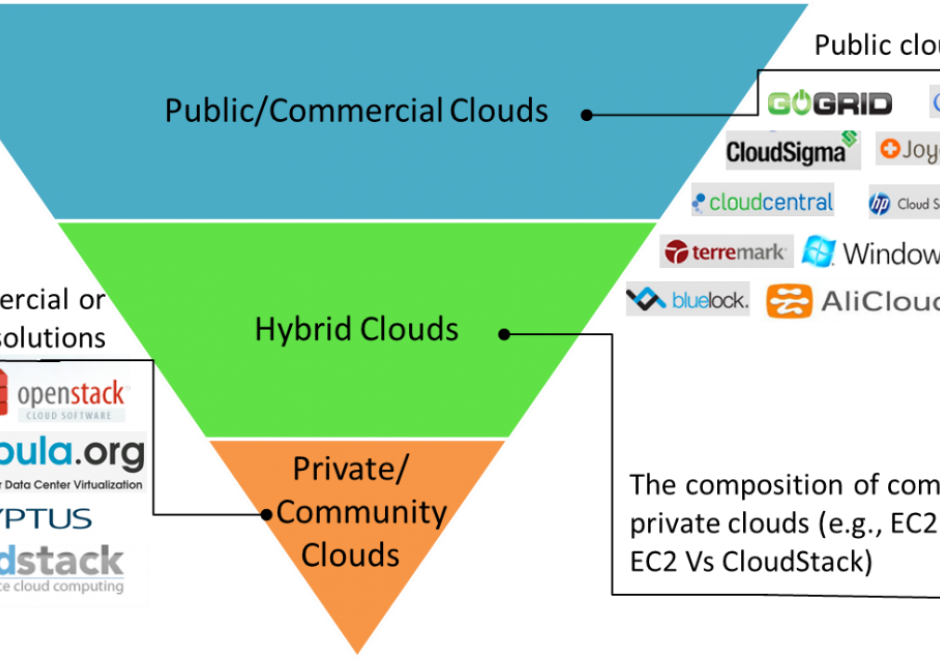CP-08 - Spatial Cloud Computing

The scientific and engineering advancements in the 21st century pose grand computing challenges in managing big data, using complex algorithms to extract information and knowledge from big data, and simulating complex and dynamic physical and social phenomena. Cloud computing emerged as new computing model with the potential to address these computing challenges. This entry first introduces the concept, features and service models of cloud computing. Next, the ideas of generalized architecture and service models of spatial cloud computing are then elaborated to identify the characteristics, components, development and applications of spatial cloud computing for geospatial sciences.


CP-29 - Enterprise GIS
Enterprise GIS is the implementation of GIS infrastructure, processes and tools at scale within the context of an organization, shaped by the prevailing information technology patterns of the day. It can be framed as an infrastructure enabling a set of capabilities, and a process for establishing and maintaining that infrastructure. Enterprise GIS facilitates the storage, sharing and dissemination of geospatial information products (data, maps, apps) within an organization and beyond. Enterprise GIS is integrated into, and shaped by the business processes, culture and context of an organization. Enterprise GIS implementations require general-purpose IT knowledge in the areas of performance tuning, information security, maintenance, interoperability, and data governance. The specific enabling technologies of Enterprise GIS will change with time, but currently the prevailing pattern is a multi-tiered services-oriented architecture supporting delivery of GIS capabilities on the web, democratizing access to and use of geospatial information products.